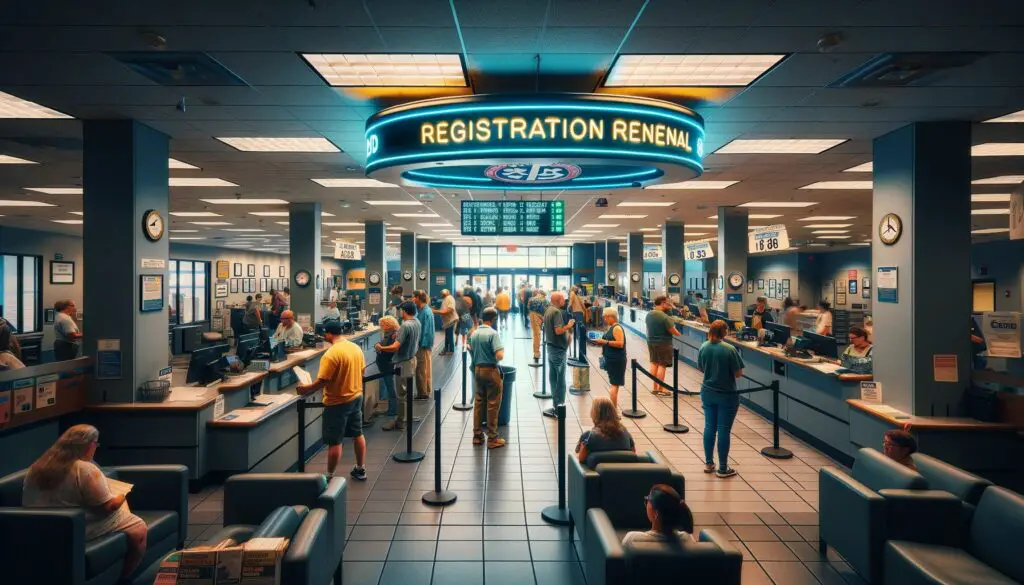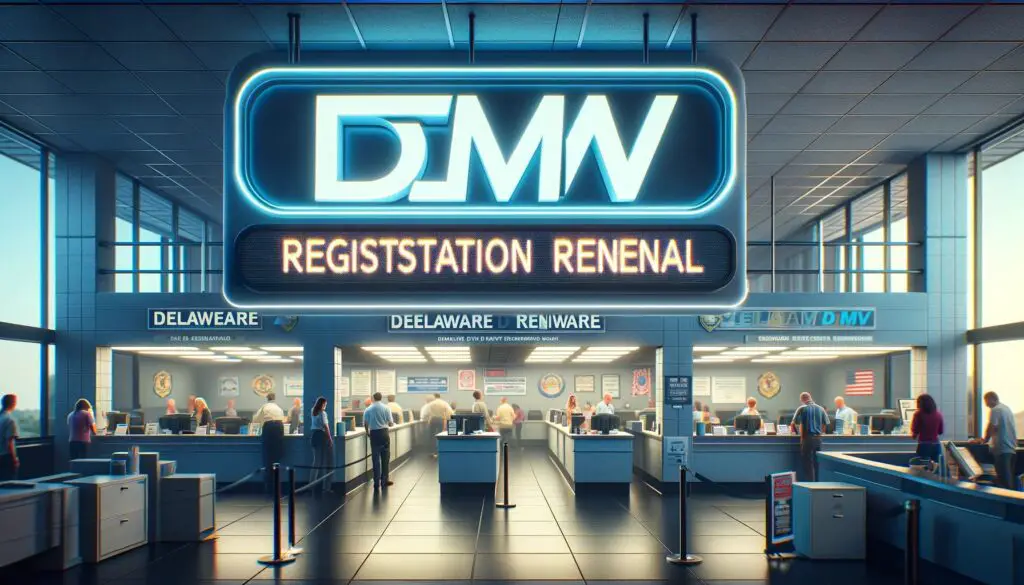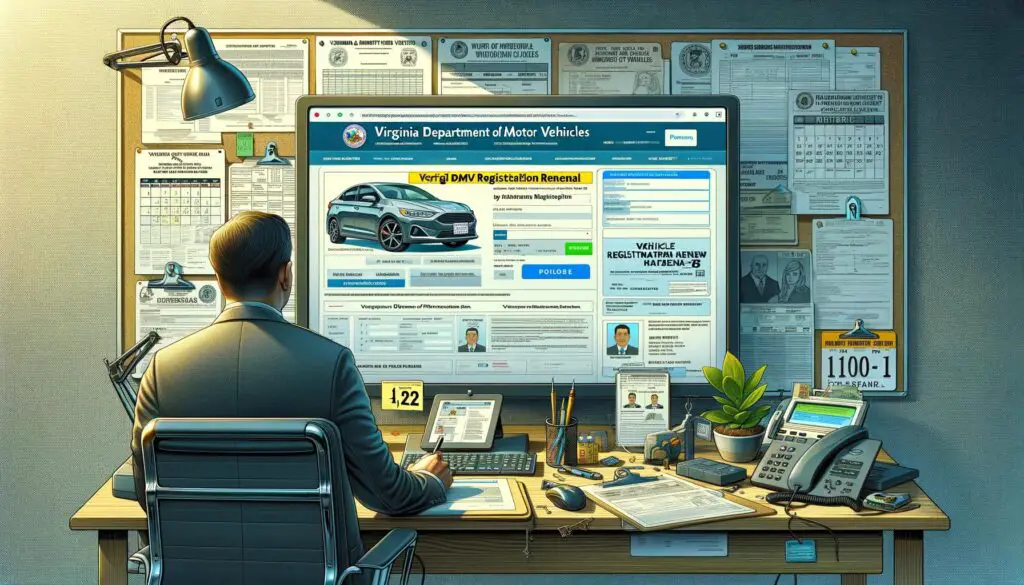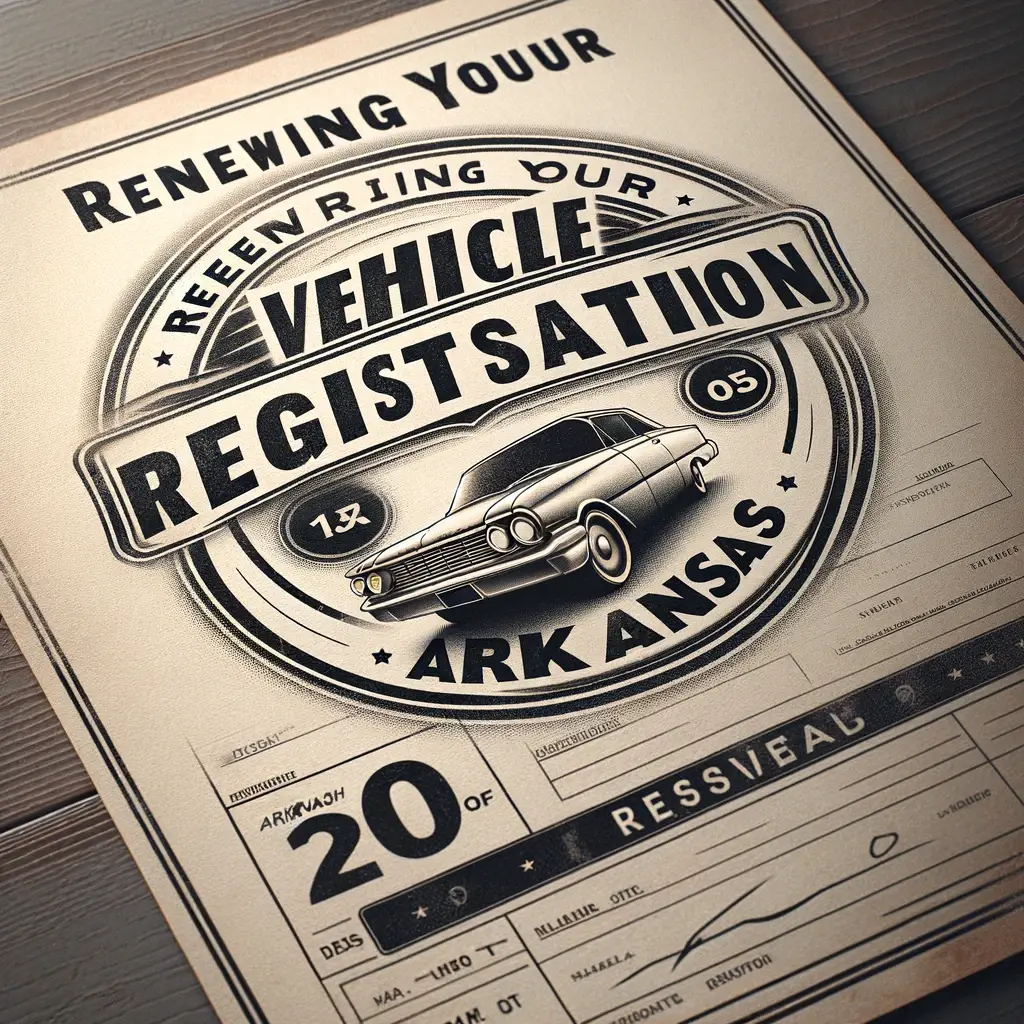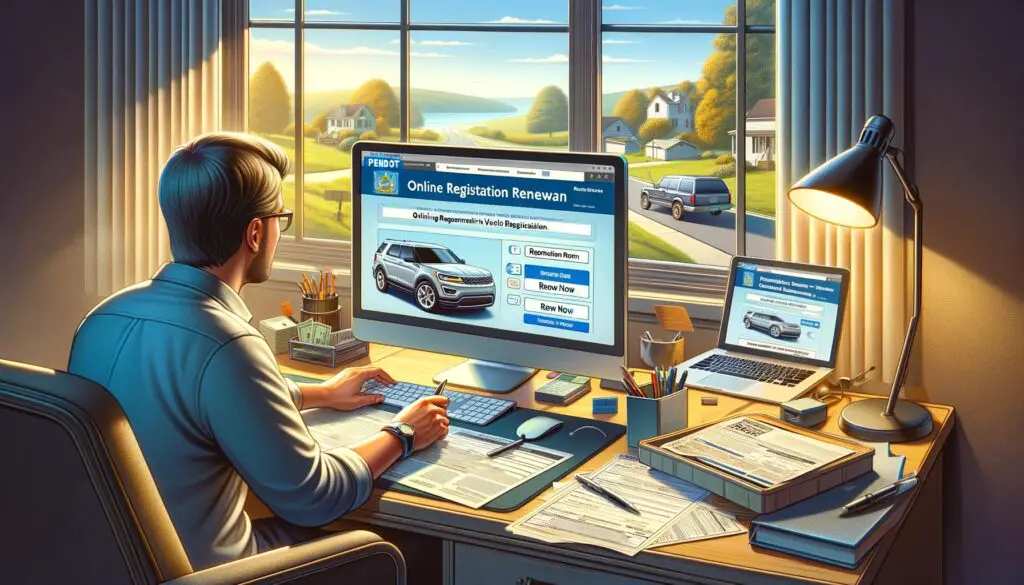I. Introduction
A. Importance of car registration B. Overview of car registration process in Massachusetts
Car registration is a crucial step for vehicle owners in Massachusetts. It is a legal requirement that ensures the identification and documentation of vehicles. Registering your car with the Massachusetts Registry of Motor Vehicles (RMV) provides proof of ownership and allows you to legally operate your vehicle on public roads. Understanding the car registration process is essential to avoid penalties and ensure compliance with state regulations.
II. Understanding Car Registration
A. What is car registration? B. Why is car registration necessary? C. Legal requirements for car registration in Massachusetts
Car registration is the official process of documenting a vehicle with the relevant authorities. It involves providing detailed information about the vehicle, its owner, and obtaining the necessary documentation, such as license plates and registration certificate. Car registration is necessary to establish legal ownership, track vehicle history, and ensure compliance with state laws and regulations.
In Massachusetts, car registration is required by law. It ensures that vehicles meet safety and emissions standards, have valid insurance coverage, and are properly identified. Failure to register a vehicle or operate it with an expired registration can lead to fines, penalties, and potential legal consequences.
III. Documents Required for Car Registration
A. Vehicle ownership documents B. Proof of identity and residency C. Insurance documents D. Inspection certificate
To register a car in Massachusetts, you need to gather specific documents. These include proof of ownership, such as the vehicle’s title or a bill of sale. Additionally, you must provide proof of identity and residency, such as a valid Massachusetts driver’s license or identification card and a utility bill or lease agreement. Proof of insurance is also required, along with an inspection certificate indicating that the vehicle has passed the required safety and emissions tests.
IV. Step-by-Step Guide to Car Registration in Massachusetts
A. Step 1: Gather necessary documents B. Step 2: Complete the Application for Registration and Title (RMV-1 form) C. Step 3: Provide proof of insurance D. Step 4: Get the vehicle inspected E. Step 5: Visit the RMV office or use online registration services F. Step 6: Pay the registration fees G. Step 7: Receive your license plates and registration certificate
Here is a step-by-step guide to registering your car in Massachusetts:
Step 1: Gather necessary documents: Collect all the required documents, including proof of ownership, identity, residency, insurance, and inspection certificate.
Step 2: Complete the Application for Registration and Title (RMV-1 form): Fill out the RMV-1 form accurately, providing all the required information about yourself and the vehicle.
Step 3: Provide proof of insurance: Show proof of valid insurance coverage for the registered vehicle.
Step 4: Get the vehicle inspected: Have your vehicle inspected at an authorized inspection station to ensure it meets the state’s safety and emissions standards.
Step 5: Visit the RMV office or use online registration services: Visit a local RMV office or utilize online registration services to submit your application and necessary documents.
Step 6: Pay the registration fees: Pay the required registration fees, which vary based on factors such as vehicle type, weight, and model year.
Step 7: Receive your license plates and registration certificate: Once the registration process is complete and fees are paid, you will receive your license plates and registration certificate.
V. Renewing Car Registration in Massachusetts
A. Renewal process and timeline B. Required documents for renewal C. Online renewal options
Renewing your car registration in Massachusetts is essential to maintain its legal status. The renewal process must be completed within the specified timeframe to avoid penalties. The Massachusetts RMV provides various options for renewing your registration, including online services.
The renewal process usually begins several weeks before the registration expiration date. The RMV sends out a renewal notice, which includes instructions on how to renew. To complete the renewal, you will need to provide certain documents, such as proof of insurance and an updated vehicle inspection certificate if necessary. Online renewal services offer a convenient and time-saving option, allowing you to renew your registration from the comfort of your home.
VI. Transferring Car Registration in Massachusetts
A. Transferring registration to a new vehicle B. Transferring registration from another state
If you purchase a new vehicle or move to Massachusetts with an out-of-state registered vehicle, you will need to transfer the car registration. Transferring registration to a new vehicle involves submitting the necessary documents, including the current registration certificate, proof of insurance, and a completed RMV-1 form. Additionally, you may need to provide a bill of sale or a manufacturer’s certificate of origin for the new vehicle.
When transferring registration from another state, you must surrender your out-of-state plates and obtain Massachusetts license plates. You will need to provide proof of ownership, proof of insurance, and an identification document, such as a driver’s license or passport. The specific requirements may vary, so it’s important to check with the Massachusetts RMV for detailed instructions.
VII. Replacing Lost or Stolen Car Registration Documents
A. Reporting the loss or theft B. Replacing license plates, registration certificate, or decals
Losing or having your car registration documents stolen can be an inconvenience. In such cases, it’s important to take immediate action to prevent misuse of your registration and ensure compliance with state regulations. If your car registration documents are lost or stolen, report the incident to the local police department and obtain a police report.
To replace lost or stolen license plates, registration certificates, or decals, you will need to visit an RMV office. Bring the police report, a completed RMV-3 form, and any other required documentation. The RMV will issue new registration documents and plates, ensuring your vehicle remains legally registered and identifiable.
VIII. Updating Car Registration Information
A. Change of address B. Change of name C. Change of vehicle details
It’s crucial to keep your car registration information up to date to comply with Massachusetts regulations. If you change your address, you must notify the RMV within a specified timeframe. Visit an RMV office or update your address online to ensure your registration reflects the correct information.
Similarly, if you change your name due to marriage, divorce, or other legal reasons, update your car registration accordingly. Provide the necessary documents, such as a marriage certificate or court order, to the RMV to complete the name change process.
If there are changes in your vehicle details, such as modifications or alterations that affect its classification, you must inform the RMV. Certain changes may require additional documentation or inspection to update the registration accurately.
IX. Car Registration Fees and Taxes
A. Breakdown of registration fees B. Excise tax on registered vehicles
Car registration in Massachusetts incurs certain fees and taxes. The registration fees vary based on factors like the vehicle’s weight, model year, and type. Additionally, there may be additional charges for special plates or services.
Apart from registration fees, vehicle owners are also responsible for paying an annual excise tax. The excise tax is based on the assessed value of the vehicle and is payable to the city or town where the vehicle is principally garaged. It is important to be aware of the registration fees and excise tax obligations to avoid any penalties or delays in the registration process.
X. Frequently Asked Questions (FAQs)
A. Can I register my car online? B. What if I recently moved to Massachusetts? C. How long does it take to receive registration documents? D. What are the consequences of driving an unregistered vehicle? E. Can I transfer my registration to a family member? F. Are there any exemptions or discounts available for registration fees? G. How often do I need to renew my car registration? H. Can I register a vehicle with an out-of-state title?
A. Can I register my car online?
Yes, Massachusetts offers online car registration services for eligible vehicles. You can visit the official Massachusetts RMV website to check if your vehicle qualifies for online registration and complete the process conveniently from home.
B. What if I recently moved to Massachusetts?
If you recently moved to Massachusetts, you must register your vehicle within 30 days of establishing residency. Follow the steps outlined in the car registration process to ensure compliance with the state’s regulations.
C. How long does it take to receive registration documents?
After completing the registration process and paying the necessary fees, it typically takes around 7-10 business days to receive your license plates and registration certificate. However, processing times may vary depending on factors like workload and seasonal demand.
D. What are the consequences of driving an unregistered vehicle?
Driving an unregistered vehicle in Massachusetts is illegal and can result in penalties, fines, and potential vehicle impoundment. It’s essential to register your vehicle promptly and keep the registration up to date to avoid any legal issues.
E. Can I transfer my registration to a family member?
Yes, you can transfer your car registration to a family member, provided they meet the necessary requirements and eligibility criteria. You may need to complete specific forms and provide supporting documentation. Contact the Massachusetts RMV for detailed instructions on the transfer process.
F. Are there any exemptions or discounts available for registration fees?
Certain exemptions and discounts are available for car registration fees in Massachusetts. For example, veterans, military personnel, and senior citizens may be eligible for reduced fees or exemptions. Check with the Massachusetts RMV or consult their website for detailed information on eligibility and requirements.
G. How often do I need to renew my car registration?
Car registration in Massachusetts requires renewal annually. It is essential to renew your registration within the specified timeframe to avoid penalties and ensure your vehicle remains legally registered.
H. Can I register a vehicle with an out-of-state title? Y
es, you can register a vehicle with an out-of-state title in Massachusetts. However, you will need to follow the specific procedures for transferring registration from another state, as mentioned earlier in this article.
XI. Conclusion
A. Recap of car registration process in Massachusetts B. Importance of complying with car registration requirements
Registering your car in Massachusetts is a necessary and legally mandated process. It involves gathering the required documents, completing the necessary forms, paying the registration fees, and obtaining your license plates and registration certificate. Compliance with car registration requirements ensures legal ownership, identification, and adherence to state laws.
To successfully navigate the car registration process in Massachusetts, remember to gather all the necessary documents, complete the required forms accurately, and submit them within the specified timeframe. Adhering to the guidelines and regulations helps maintain the legality of your vehicle and ensures a smooth and hassle-free registration experience.
This is all the information you need to have for car registration Massachusetts. We hope you find this useful and can renew your car soon.
YOU CAN ALSO VISIT OFFICIAL WEBSITE https://www.mass.gov/vehicle-registration
Read More :-



